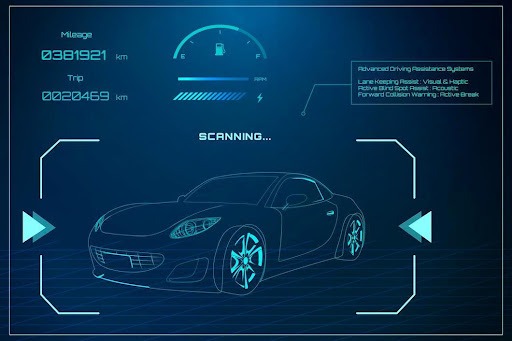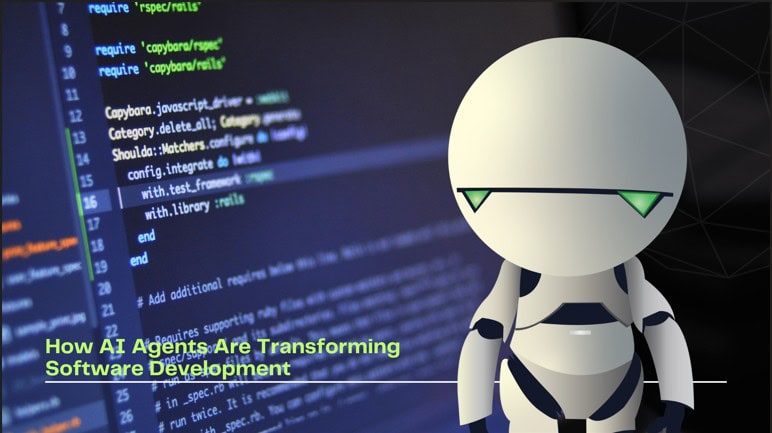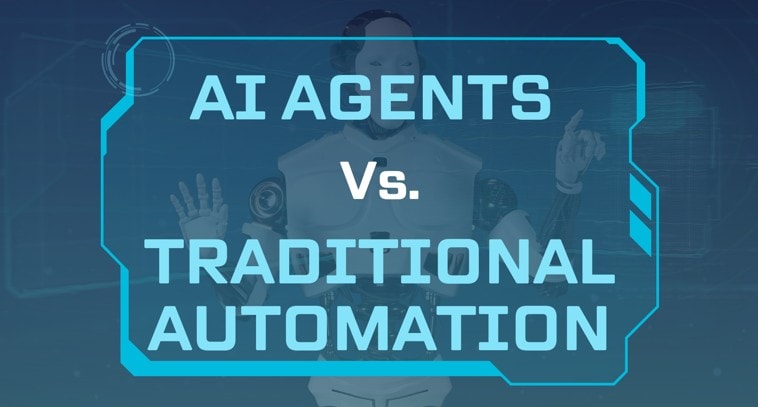Major Car Technology Trends: For a very long time, the automotive industry was a landscape where we saw something that could be best described as incremental innovations. Sure, the cars always became faster, and more efficient, and we even saw a couple of ABSs and steering assistants here and there. But, for quite some time it looked like the industry has no more major disruptions left in its back pocket.

And then, there came the digital revolution that completely changed the pace of virtually all sectors in existence. Obviously, the automotive industry wasn’t left out of this conversation. On the contrary, the rapid tech development even left its mark on countless ancillary market corners that keep the car industry alive.
So, where does this development leave us at the brink of 2023? Let’s check some of the major car technology trends to find out.
Cars built into existing ecosystems
For quite some time now, cars were using some of the available OSs to run their internal systems and make the driving experience more enjoyable. However, as time went on, the list of chores performed by these smart assistants kept on expanding and cars became evermore reliant on smart apps. This trend gave birth to new operating systems in the vein of Android Automotive that were designed specifically to address the necessities of the car industry. As time goes, by we will see a growing number of vehicles being built directly into these ecosystems just like the phones were some time ago.

The Internet-of-Things becoming an industry standard
If you are not familiar with the term, Internet-of-Things (or IoT) describes the technology that allows devices to use a wireless connection or built-in sensors to freely interact with the surrounding environment or similar nearby devices and use the feedback to regulate their performance. As you can guess the use case scenarios of this technology in the automotive industry are practically limitless and range from simple tasks like paying the toll on the go to more demanding chores like driving assistance or even a fully self-driving experience. This tech will evolve from a novelty to an absolute industry standard.
The expansion of car maintenance services
The automotive industry is not only experiencing major breakthroughs in the way the vehicles are produced – we are also making leaps and bounds in the way we keep all these cars in shape. Even if we put aside the fact that products like a quality iron fallout remover are, themselves, produced with the assistance of cutting-edge tech, a growing number of car shops now used advanced AI tools that use these assets to the best possible extent. As a result, we get vehicles that are able to put out optimal performance far longer than their predecessors which can have major implications for the industry.
Expansion of revenue models with software services
In one of the previous sections, we mentioned that the latest-gen vehicles are growing increasingly reliant on apps and software platforms and dedicated apps to work efficiently. You shouldn’t think even for a second that the automotive industry will leave this lucrative cake entirely to the IT sector. On the contrary, it is entirely expected to top manufacturers to start developing and selling this type of product and thus expanding their revenue models. Also, much in the vein of other software tools, the car owners will be able to purchase OS upgrades and new functionalities after the vehicle is already sold.
Hydrogen fuel cells breaching into mainstream
This transition won’t happen overnight but, be that as it may, the future of the car industry may easily end up being defined by hydrogen fuel cells. Even though at the moment electric vehicles present a far more popular solution, it is becoming very evident that this technology has more than a couple of limitations and the global lithium shortage doesn’t make this situation any easier. Hydrogen fuel cells, on the other hand, are far easier to produce, as well as combine robust fuel performance and fast charging with EVs sustainability. Sooner than later the industry will take a wild swing in this direction.

Faster evolution and shorter development cycles
Last but not least, we would like to remind you that closer integration of car manufacturing with the IT industry will set the entire sector on a much faster-paced track. Even at this moment, the major tech developments are happening outside the automotive industry while car manufacturers are only capable of reaping the fruits of this process second-hand. But, the constant influx of IT experts and younger, more agile staff could change this dynamic and make the automotive playing field just as innovative and mutable as other spearheading industries. This simple fact should give all the things we covered entirely new significance.
So, there you have it – the top six trends that will most likely define the automotive industry in 2023 and beyond. As we can see, the contemporary car technology arena is everything but stale, and the closer this sector becomes integrated into the wider tech ecosystem the entire playing field will only become hastier and denser. But the major breakthroughs are always born by innovation and a larger number of disruptive factors. With that in mind, we can conclude that the automotive industry has some very bright days ahead.
Would you like to read more about major car technology trends-related articles? If so, we invite you to take a look at our other tech topics before you leave!










